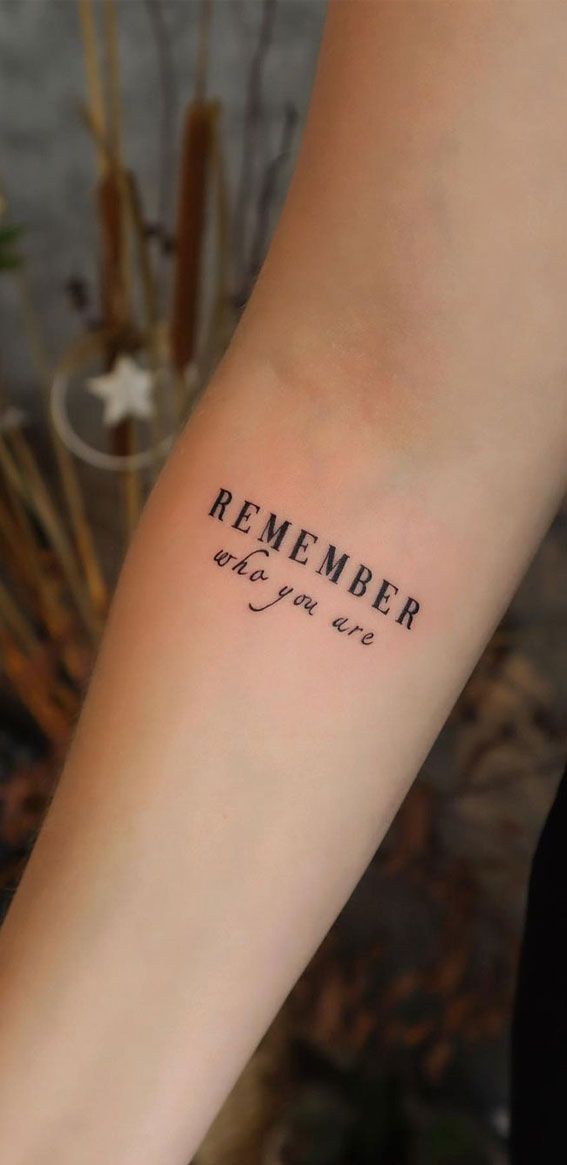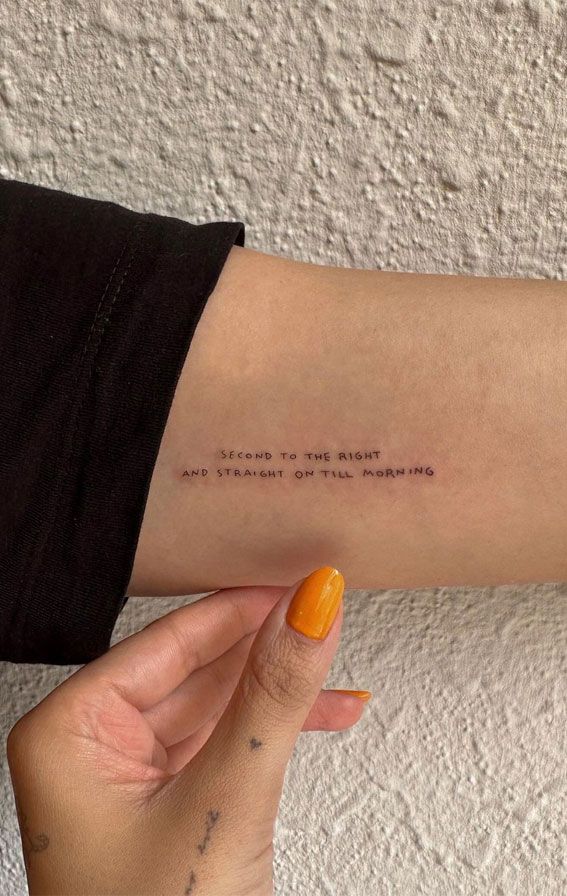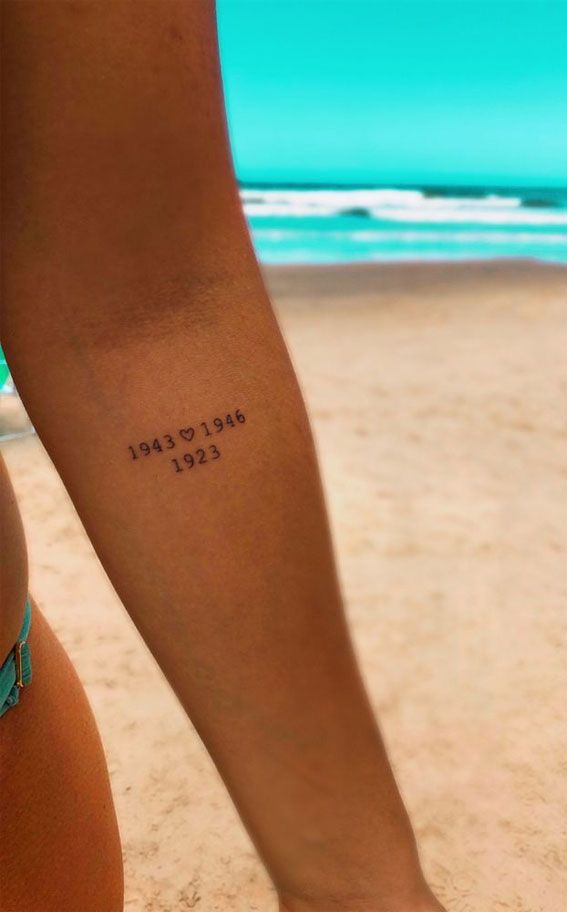Tattoos have long been a way for people to express themselves through body art. From intricate designs to simple symbols, tattoos can hold a great deal of meaning for the individual sporting them. While some may choose tattoos purely for aesthetic reasons, many opt for tattoos that hold deep personal significance.
For many people, tattoos can serve as a way to commemorate a significant event or person in their lives. Whether it be the birth of a child, the loss of a loved one, or a major personal achievement, a tattoo can act as a permanent reminder of these important moments. For some, tattoos can also serve as a form of healing, helping them to process and move on from traumatic experiences.
In addition to commemorating significant events, tattoos can also hold personal meanings through the use of symbols and imagery. Different symbols can have various meanings across cultures and religions, and individuals may choose to get a tattoo of a symbol that holds personal significance to them. For example, someone may choose to get a lotus flower tattoo to represent rebirth and growth, or a quote tattoo to serve as a daily reminder of a personal mantra.
Tattoos can also be a way for individuals to express their identity and beliefs. For members of marginalized communities, tattoos can be a form of reclaiming their identity and expressing pride in who they are. LGBTQ+ individuals, for example, may choose to get tattoos that represent the rainbow flag or other symbols of the queer community. Similarly, people of faith may opt for religious iconography to showcase their beliefs and values.
Overall, tattoos can hold a myriad of meanings for those who choose to adorn their bodies with them. Whether it be a way to commemorate a significant event, express personal beliefs, or simply showcase their unique identity, tattoos can serve as powerful forms of self-expression. Ultimately, tattoos can act as a testament to the diverse and multifaceted lives of those who choose to wear them.
 innstyled Tattoo Ideas
innstyled Tattoo Ideas





















